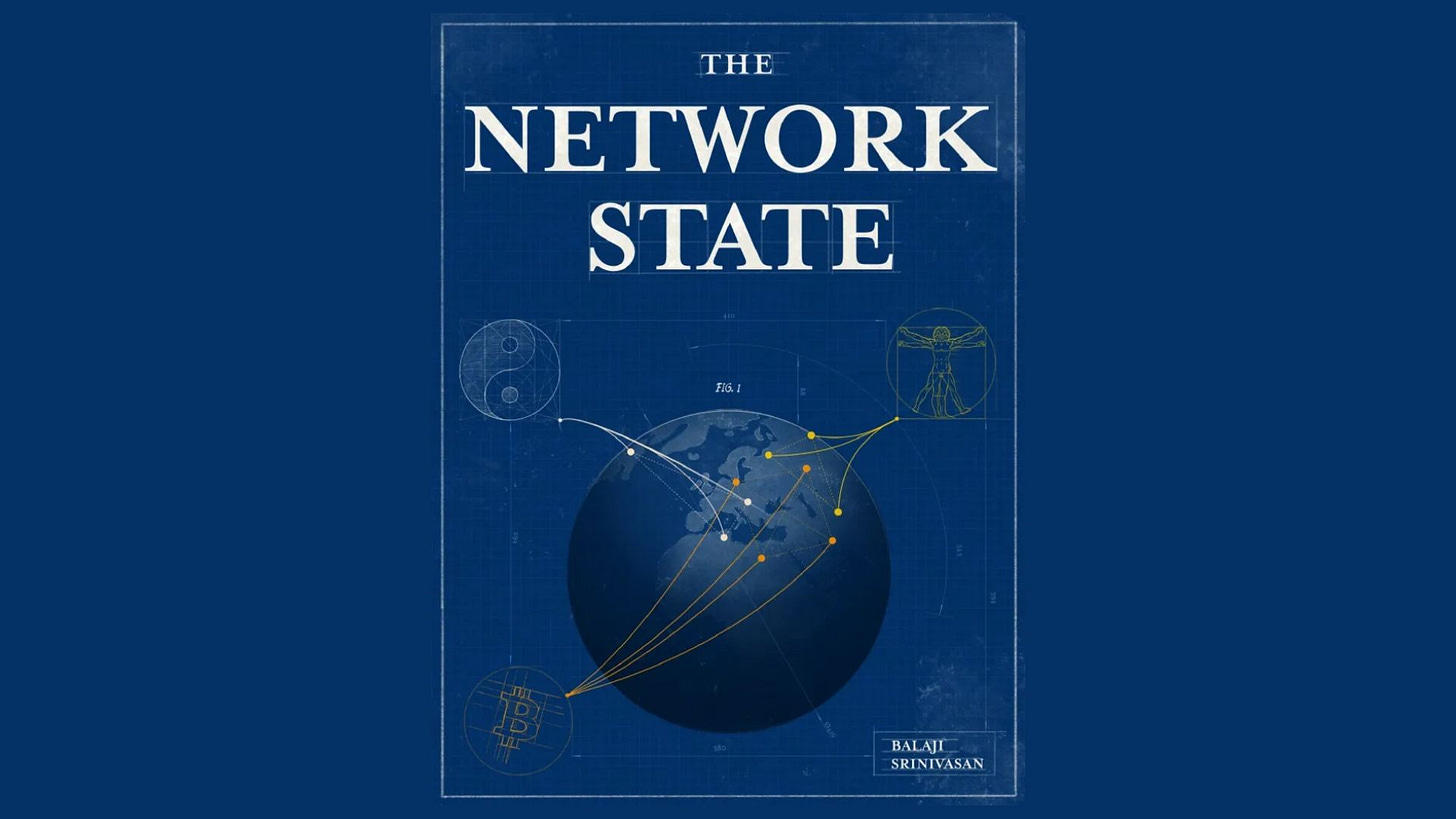Network States Are Alive
Why Nations Are Betting on Blockchain Zones
The Network State is no longer just an idea on the fringes of the internet—it is alive, zoned, and gaining traction across the world. What began as a thought experiment about digital-first societies is now materializing through bold experiments in blockchain-based economic zones. The recent announcement by the Solana Foundation and Kazakhstan’s Ministry of Digital Development, Innovation and Aerospace Industry (MDAI) marks one of the clearest signals yet that nations are taking this seriously.
This new Solana Economic Zone in Central Asia will advance tokenized capital markets, provide resources for startups, and expand crypto developer education. The announcement spread fast online—garnering over 1,300 likes and 215 replies in its first day—because people recognize this is bigger than just one blockchain. It’s a glimpse at how countries may rewire their economies for the digital-first century.
From Theory to Reality
In his 2022 book The Network State: How to Start a New Country, entrepreneur Balaji Srinivasan described a blueprint for communities that begin online, grow capital and legitimacy, and eventually achieve recognition by existing governments. He defined the concept as “a highly aligned online community with a capacity for collective action that crowdfunds territory and eventually gains diplomatic recognition.”
For years, that sounded futuristic. Now, governments like Kazakhstan are building the bridge between theory and reality. By working directly with Solana, Kazakhstan isn’t merely running a blockchain pilot—it’s carving out a sandbox where new forms of finance, innovation, and community can flourish within a recognized jurisdiction.
As Srinivasan also wrote, “Geography is no longer destiny. What matters now is the network you choose to belong to.” The launch of Solana’s zone in Central Asia makes this more than a metaphor—it’s a policy decision.
Why Nations Are Moving Fast
So why are governments taking these steps now? The reasons are urgent and pragmatic.
Economic opportunity is the first driver. Tokenized markets unlock liquidity for assets that were once static—real estate, commodities, intellectual property—and connect them to global pools of capital. For emerging economies, this diversification isn’t optional; it’s a strategy for long-term resilience.
Second, there’s competitive industry positioning. Nations know that blockchain and Web3 are no longer fringe experiments—they are the rails of future finance, trade, and digital identity. By establishing zones that favor innovation, countries gain an edge in attracting developers, venture funds, and high-growth startups.
Finally, the AI + blockchain revolution is reshaping the very architecture of economies. Artificial intelligence generates insights and automation at unprecedented scale; blockchain ensures those outputs are transparent, secure, and tradable. Together, they create a foundation for programmable markets and verifiable intelligence. Governments that act quickly can leapfrog slower incumbents and become hubs for this new economic order.
Kazakhstan is positioning itself as one of those fast movers. By zoning for tokenized capital markets and developer education, it’s not only preparing local entrepreneurs but also signaling to the world that it intends to compete in the industries defining the 21st century.
The Blueprint of the Future
The rise of blockchain-zoned economies shows that Network States are evolving from speculation into strategy. While they may not yet resemble fully sovereign countries, they serve as scaffolding—frameworks where digital-first communities and governments can meet halfway.
The implications stretch beyond Kazakhstan. If successful, the Solana Economic Zone could become a template for other nations in Asia, Africa, and beyond. Each experiment strengthens the legitimacy of Network States as practical tools for governance and growth.
The message is clear: Network States are alive. They are not waiting for the distant future—they are being negotiated, zoned, and piloted right now. For nations willing to embrace them, the reward is not just relevance, but leadership in the new economy. For those who hesitate, the risk is being left behind in a world where networks, not borders, define opportunity.


